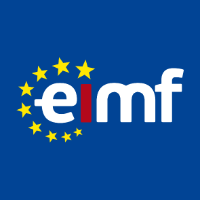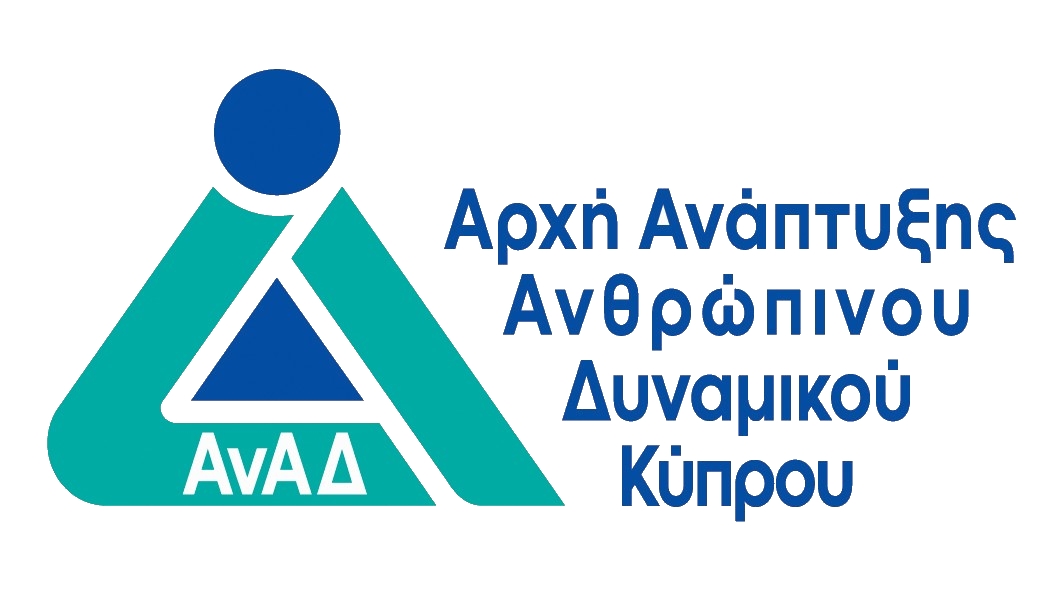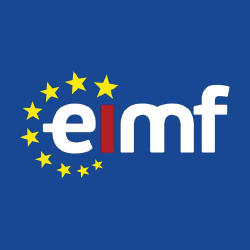
The Latest Developments in Anti-Money Laundering and Counter Terrorist Financing (AML & CTF)
- Χρηματοοικ. Ασφαλιστικά Τραπεζικά

ΠΕΡΙΓΡΑΦΗ
Criminals employ various methods to launder money, including layering, bulk cash smuggling, and the use of shell companies. Terrorist financing, a subset of money laundering, fuels terrorist activities, further complicating the international fight against this crime.
Financial crime trends and recent regulatory updates demand continuous adaptation of anti-money laundering (AML) strategies. Sanctions and sanctions evasion, as well as the reporting of suspicious transactions and activities (STR/SAR), play a critical role in disrupting illicit financial flows.
On the 30 May 2024, the new anti-money laundering package (EU AML Package) was adopted at the EU level.
Stemming from the anti-money laundering directives implemented within the European Union over the past 20 years, the EU AML Package includes the new Anti-Money Laundering Regulation (AMLR) and a revision of the Anti Money Laundering Directive (AMLD6) along with the establishment of a pan European authority known as AMLA (The Anti Money Laundering Authority).
The purpose of this course in the form of an update is to familiarise practitioners with these new regulatory rules and the importance of keeping current the new AML legal framework. The webinar will address what is expected from professional service providers, lawyers, accountants and auditors on the changes brought about with the adoption of the EU AML Package.
The overall aim is to provide professionals within the services industry insight as to what to expect from the new rules and tips to implement and adhere to these regulations ensuring the continuation of the high-quality services offered to local and international clients in the various industries which they operate.
ΣΚΟΠΟΣ ΣΕΜΙΝΑΡΙΟΥ
By the end of the programme, participants will:
- Update on the new EU AML Package, implications and how to be prepared.
- Recognize the significance of sanctions and sanctions evasion in disrupting illicit financial flows.
- Define money laundering and terrorism financing, including their key components and distinctions.
- Identify common methods and techniques used for committing money laundering and terrorism financing.
- Describe the regulator’s approach to AML & CTF.
- Explain the international legal framework designed to combat money laundering and terrorist financing, including recent and upcoming regulatory updates.
- Summarize the EU legal framework’s approach to AML & CTF, highlighting recent and upcoming regulatory changes.
- Outline the national legal framework for AML & CTF in various jurisdictions, noting key updates and regulatory developments.
- Utilize a risk-based approach to conduct business-wide risk assessments and individual customer risk assessments.
- Implement Customer Due Diligence (CDD) and Enhanced Due Diligence (EDD) practices in real-world scenarios.
ΣΕ ΠΟΙΟΥΣ ΑΠΕΥΘΥΝΕΤΑΙ
- COOs
- CFOs
- Directors,
- Senior Managers
- Regulatory compliance officers
- AML Officers
- National supervisors
- Chief legal officers
- Legal advisors
ΠΕΡΙΣΣΟΤΕΡΕΣ ΠΛΗΡΟΦΟΡΙΕΣ
Training Outline
- Money laundering (ML) methods
- The role of cryptocurrencies in money laundering
- Terrorist Financing (TF)
- International Bodies to combat ML/TF
- The Cyprus/EU regulatory framework
- The regulator’s approach to financial crime
- The AML program
- The risk-based approach
- Business-wide risk assessment
- Individual customer risk assessment
- Financial Crime Trends in 2024
- Customer Due Diligence
- Simplified Due Diligence (SDD)
- Enhanced Due Diligence (EDD)
- PEPs
- High-risk countries
- Other high-risk situations
- Recent and Upcoming Regulatory Updates
- Sanctions and Sanctions Evasion
- Suspicious Activity Reporting
- Money Laundering Schemes
- The Culture of compliance
- Case study examples
Training Style
The programme is designed to deliver high-level knowledge and insights into the EU financial services regulatory agenda and developments. It will strive to enhance participants’ skills and knowledge via lectures supported by power-point presentations and practical examples. The training style is both training-focused, involving a combination of presentation and real-live examples, but also learner-focused, where participants are encouraged to raise questions, seek clarifications and share their opinions from their different perspectives and engage in an exchange of views and personal professional experiences.
CPD Recognition
This programme may be approved for up to 6 CPD units in Financial Regulation and AML. Eligibility criteria and CPD Units are verified directly by your association, regulator or other bodies which you hold membership.
This training course may be approved as an external activity under the new ACAMS recertification category ”non-ACAMS credits” for up to 6 CPD units. Eligibility criteria and CPD Units are verified directly by the Association of Anti-Money Laundering Specialists (ACAMS). To read more about the non-ACAMS credits policies and eligibility criteria please click here.
Πληροφορίες Εκπαιδευτή
Αναλυτικό Κόστος Σεμιναρίου
Για Δικαιούχους ΑνΑΔ
- € 260.00
- € 120.00
- € 0.00
- € 140.00
- € 140.00
Για μη-Δικαιούχους ΑνΑΔ
- € 260.00
- € 0.00
- € 49.40
- € 260.00
- € 309.40
ΠΡΟΓΡΑΜΜΑ ΣΕΜΙΝΑΡΙΟΥ
Τετάρτη - 11 Δεκ 2024
Ώρα
09:30 - 12:45
ΕΚΠΑΙΔΕΥΤΗΣ:
Άννα ΣτυλιανούΤοποθεσία:
OnLine Virtual Classroom
Παρασκευή - 13 Δεκ 2024
Ώρα
09:30 - 12:45
ΕΚΠΑΙΔΕΥΤΗΣ:
Άννα ΣτυλιανούΤοποθεσία:
OnLine Virtual Classroom
 Ελληνικά
Ελληνικά  English
English



 Αγγλικά
Αγγλικά
 6 ώρες
(
2 μέρες
)
6 ώρες
(
2 μέρες
)










































































